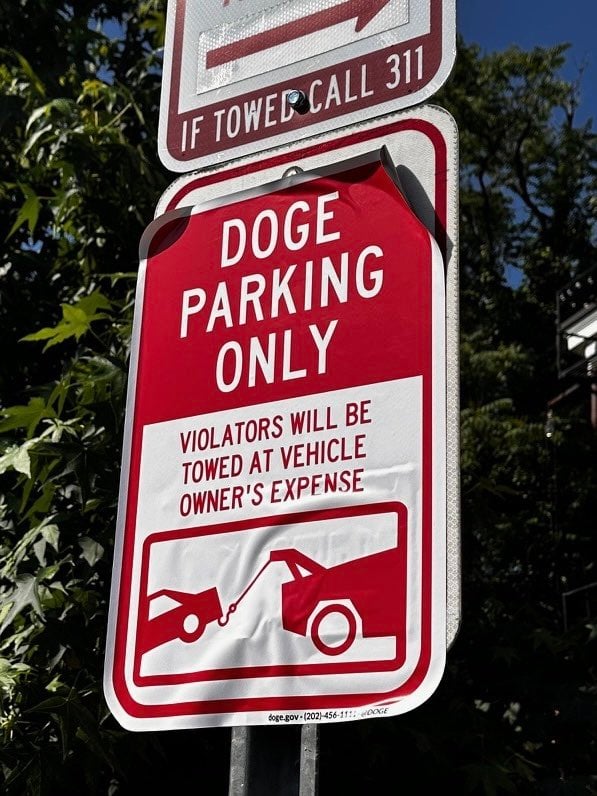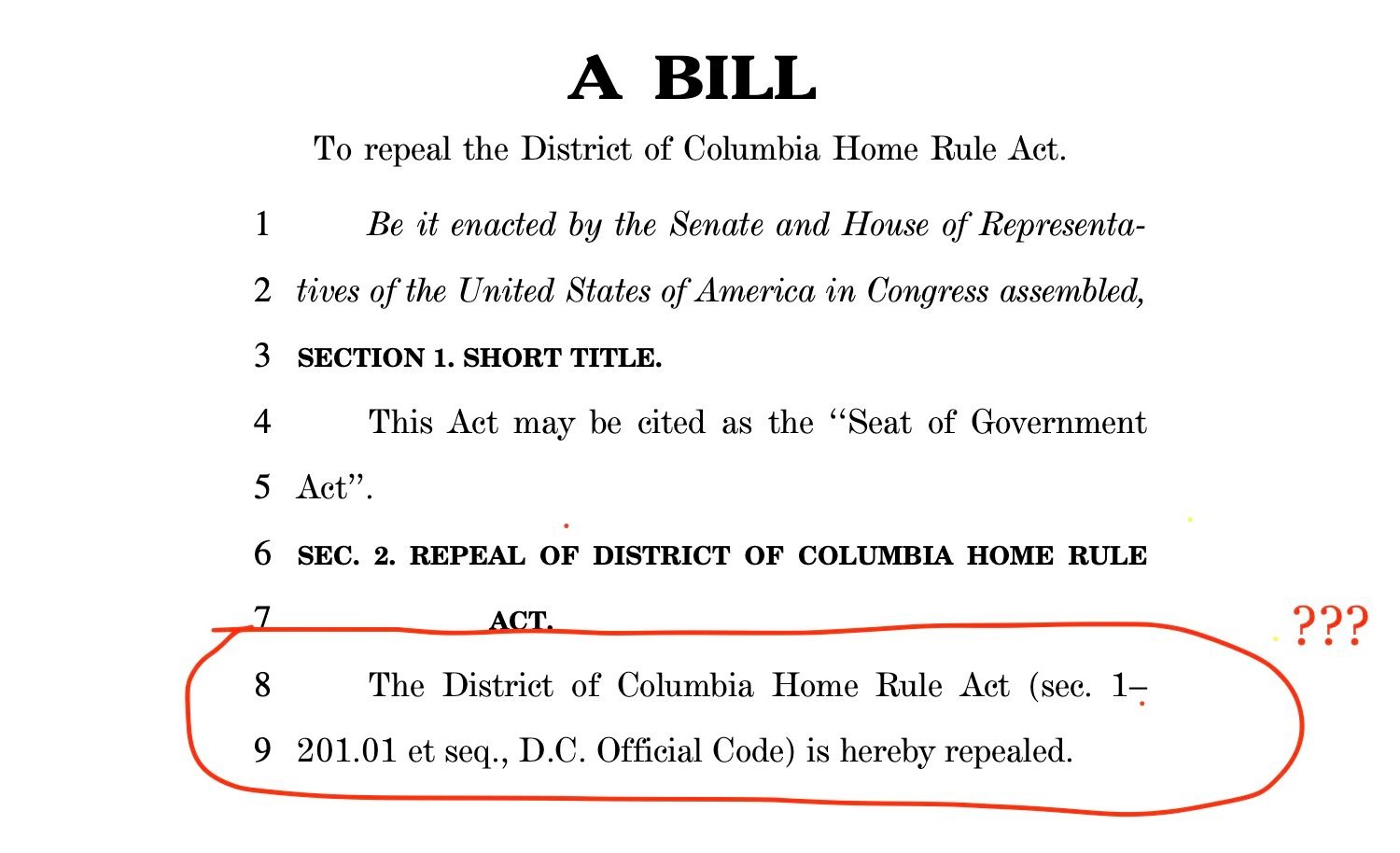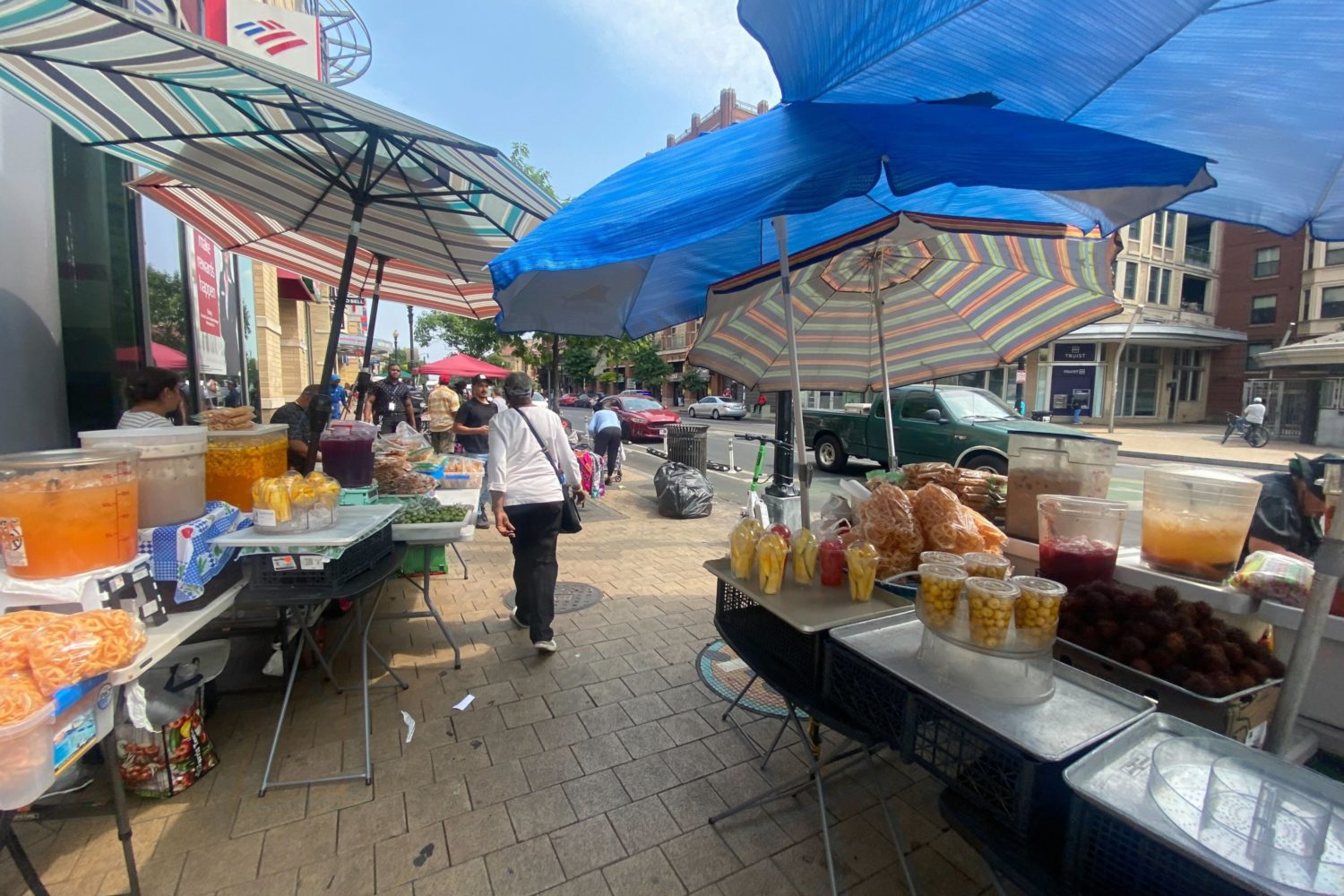Weeks after an oddly heated debate on gas vs. electric stoves erupted online, more than half of DC City Council members co-sponsored a bill that would incentivize gas appliance owners to make the switch to electric.
The bill—titled the “Healthy Homes and Residential Electrification Amendment Act of 2023″ and first introduced last year—would specifically help low-income families make the transition to electric by allowing households earning less than $80,000 to buy and install electric appliances for free, via the help of federal funds through the Inflation Reduction Act.
Passed last summer, the IRA provides rebates and tax credits for certain electric appliances. However, upper middle and higher income households are usually the ones who can pay upfront costs and later take advantage of tax incentives and rebates, said Ward 6 council member Charles Allen. “So the idea behind the bill is to really make sure that city is prepared to help take advantage of the federal dollars that are coming in with an eye toward equity, so that lower income households are able to make the shift too.”
Though gas stoves have been at the center of heated online conversation as of late, the bill applies to other gas appliances too. “That includes everything, from your hot water heater to your furnace to your stove,” said Ward 6 council member Charles Allen, who holds a Master of Public Health.
Ultimately, the bill’s goal is to retrofit at least 30,000 low-income households with a new electric appliance by the end of 2040. Currently, the IRA puts a rebate cap at around $14,000. Whether there’d be an additional cap on top of that (as well as who would pay the difference) hasn’t been determined by the bill yet but will likely be discussed during a public hearing, according Allen’s deputy chief of staff Erik Salmi.
The bill also proposes an additional permitting fee (that’d be determined by how much fuel a gas appliance would use) to all homeowners seeking to add a fossil fuel-burning appliance to their home and would prohibit the DC Housing Authority from installing such appliances during certain public housing renovations.
Health risks associated with gas stoves have been well documented. In one peer-reviewed study published last month, more than 12 percent of current childhood asthma cases were linked to gas stove use. That’s because gas stoves emit nitrogen oxides and other potent chemicals, which can irritate the respiratory system. Another study last year found that houses with gas stoves and poor ventilation often exceed the national standard for unsafe levels of nitrogen oxides outdoors.
There’s also a climate change angle: according to Stanford researchers, the climate impact of gas stoves in 40 million homes nationwide is comparable to the carbon dioxide emissions from about 500,000 gasoline-powered cars. Because of studies like these, some homeowners in DC have already been rethinking gas stoves. According to Derek Baxter, a designer at Alexandria’s Select Kitchen & Bath, he’s had three clients change their minds about using gas stoves in their home renovations.
Still, some people really like cooking with gas, which became especially apparent last month. When a commissioner with the United States Consumer Product Safety Commission told Bloomberg that the agency is considering regulating gas appliances, his comment agitated gas stove devotees. Some argued that gas stoves allowed for easier control over the temperature and are generally better to cook with, while others just didn’t like being told what they could and couldn’t have in their kitchens.
“I feel like we’ve seen some kind of crazy culture wars these days and somehow gas stoves have become a part of them,” said Allen. “So let me say this right up front: No one is coming to take a gas stove out of your house. This is about helping people make the switch when they’re ready, when they want to.”
DC is far from the first city to introduce such legislation. Roughly 100 other jurisdictions across the U.S. have some form of carbon-reducing building ordinances, according to a tracker by the nonprofit Building Decarbonization Coalition. In fact, the DC Council already passed similar legislation in July that will ban natural gas in most new buildings by 2026.
















